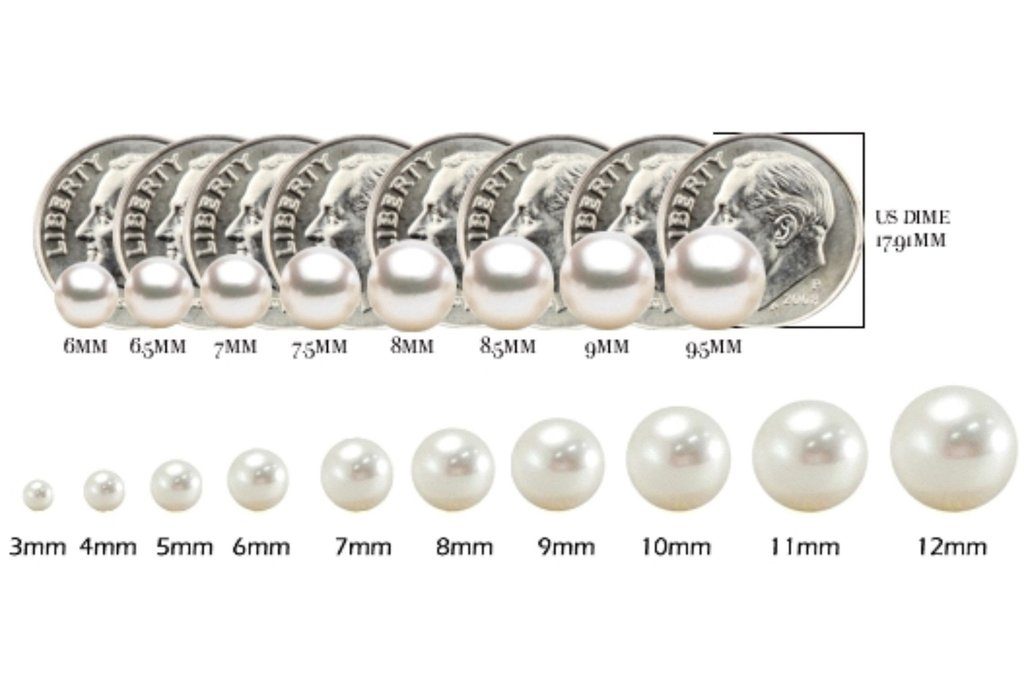True or False: If a woman has a double mastectomy, she can never get breast cancer.
False.
Despite what is often touted by celebrities in the media, undergoing a double mastectomy does not mean that a woman will not get breast cancer.
Think about it from a scientific perspective. Is there such a thing as zero risk, when dealing with the human body? Is anything a 100% guarantee?
Having a double mastectomy reduces the risk of recurrence for those who are in remission. If a woman elects to have the surgery preventively, she dramatically decreases her chances of developing breast cancer.
I was diagnosed with breast cancer in my right breast, but not my left. Following treatment and a double mastectomy, my doctor estimated that I have a 12% chance of a recurrence in my right breast and a 5% chance of developing cancer in my left breast. A double mastectomy was the right choice for me, but nothing is foolproof.
Following a double mastectomy, my doctors informed me that I don’t need to get anymore mammograms. (Mammograms are a scan of breast tissue, and the double mastectomy removed my breast tissue, rendering the test unnecessary.) Instead, I get annual breast MRIs.
I scheduled my 2014 MRI for November. Much like last year, I noticed that I felt edgy – or some scanxiety — for a few days prior to the test. I just wanted it over with and to receive the “All Clear” call from my doctor.
Following my MRI, I headed to the Sibley cafeteria. I ran into three women who work in the Center for Breast Health and ended up talking with them during their lunch break. As we discussed my health journey, one of them commented, “We’ve watched you grow up!” And, they have. I first saw the head of the breast center in 2000. To say that a lot has changed since then would be an understatement!
The day after my MRI, I received a call from my doctor. The scan showed a tiny 8mm area of concern in my right breast. The right breast was the side in which I had cancer. The mass was also located in the chest wall. (A breast cancer recurrence can occur in either the chest wall or where there’s any residual breast tissue.) A biopsy was scheduled for the following week.
Before the biopsy, the doctor tried to locate the mass with an ultrasound. It took her quite a while to do that because the area of concern is that small. Once she located it, she took samples.
In the very good news column, the biopsy results came back benign.
In the not as good news column, that’s not the end of the story.
Since the mass is so tiny, the doctor recommended that I obtain another MRI. She wanted to confirm that the area of concern that lit up on the previous MRI was no longer evident.
In the somewhat good news column, the small area of concern on the first MRI was even smaller on the second MRI. But, from a clinical perspective, the second MRI was inconclusive. The thought is that the benign area that was biopsied was part of the area of concern. (That would explain why the area reduced in size between the two MRIs, but wasn’t eliminated.)
My team of doctors all believes that the mass is benign. When I asked just how confident they felt that this was benign, one doctor replied, “85-90%.” But, they want to be 100% sure. The only way to do that is to have the area of concern surgically removed.
Surgery is on the books for January 6th.
As I’ve mentioned, I’ve been a patient of Sibley’s Center for Breast Health for years now. I trust my medical team implicitly. When my doctors have been concerned that an area was malignant, they’ve told me. When they felt as though the odds were 50/50, they shared that with me. I know that this situation is no different. Although my Best of the Breast team of doctors doesn’t think this area is cancerous, they are approaching my case conservatively. (And, with my health history, that’s the right move.)
I’ve worked hard over the years to not give too much emotional energy to “What ifs?” This has been no exception. I shed a fair amount of tears for the first 24 hours after hearing the news, and then I let it go. There are so many people who are dealing with major known health issues and limitations. This is minor outpatient surgery for a diagnostic purpose. I’ve had several masses removed before. I typically leave the hospital feeling uncomfortable, but not in pain. If my biggest concern is trying to figure out how to deal with not being able to lift Roya for two weeks, I consider myself very lucky.
I’ll keep you abreast as always. xoxo
As a PS, I had to look up how big 8mm was. It’s interesting from a surgical perspective that 8mm is small. From a jeweler’s perspective, though, 8mm isn’t that small!

One comment